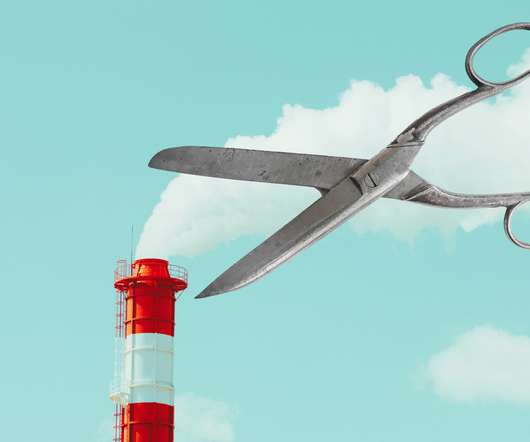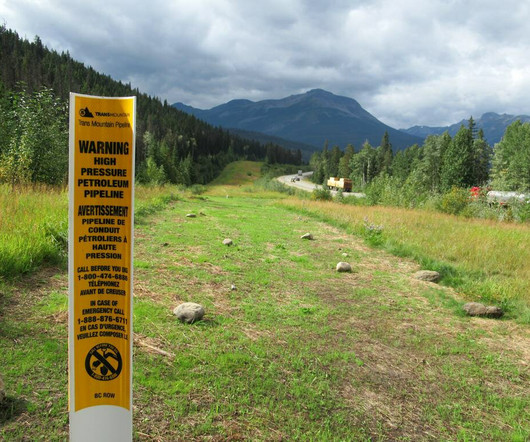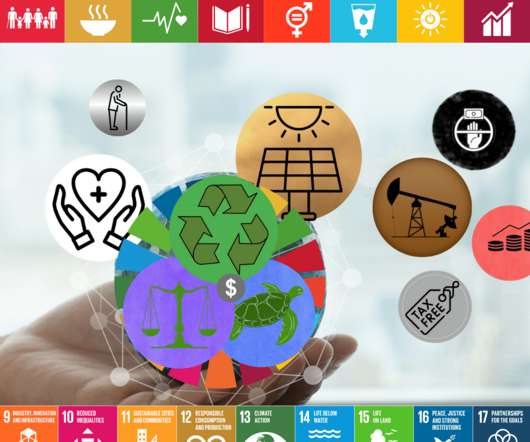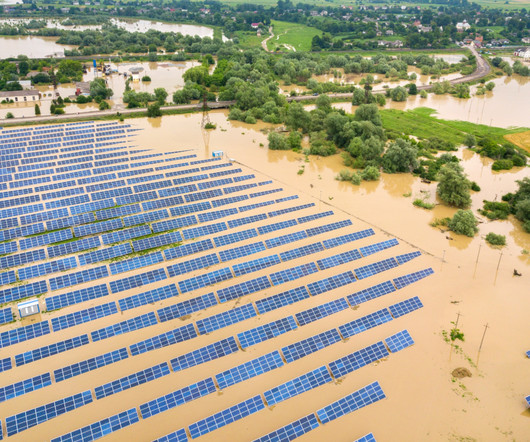The biggest carbon losers
Corporate Knights
OCTOBER 11, 2022
To boot, Enel managed to deflate its carbon bubble almost exclusively by retiring high-carbon assets. Most of these reductions were made from 2015 to 2021 when Enel shut down some 40 of its 50 coal power plants fast and furiously (from 31% of generation capacity to 6%). 17 Republic Services Inc Waste 13,862,083 2,200,930 -0.14













Let's personalize your content